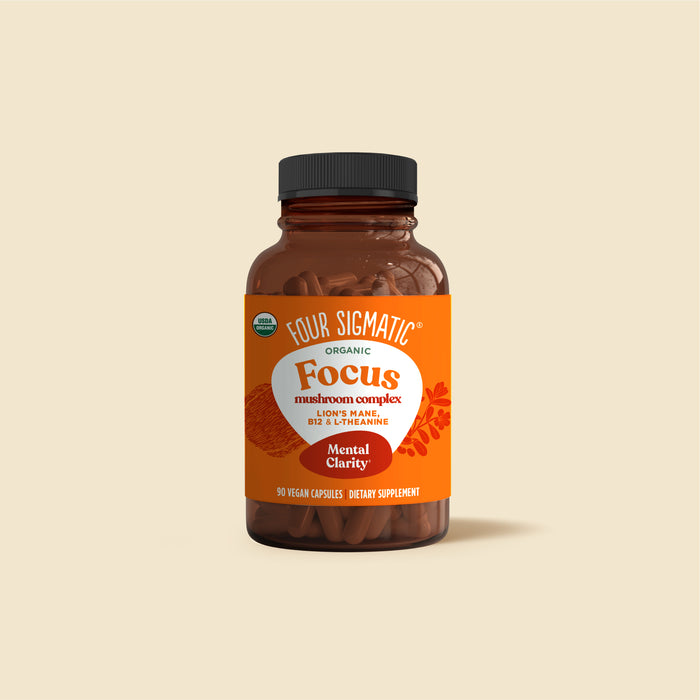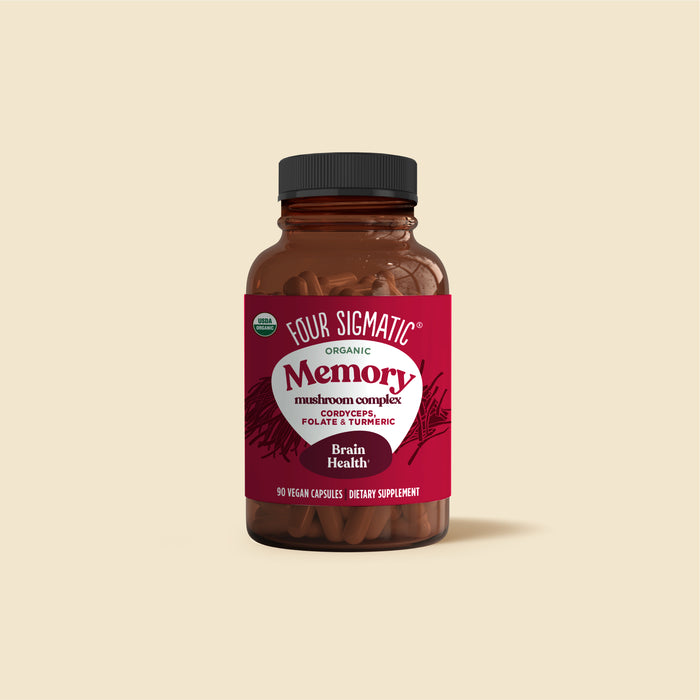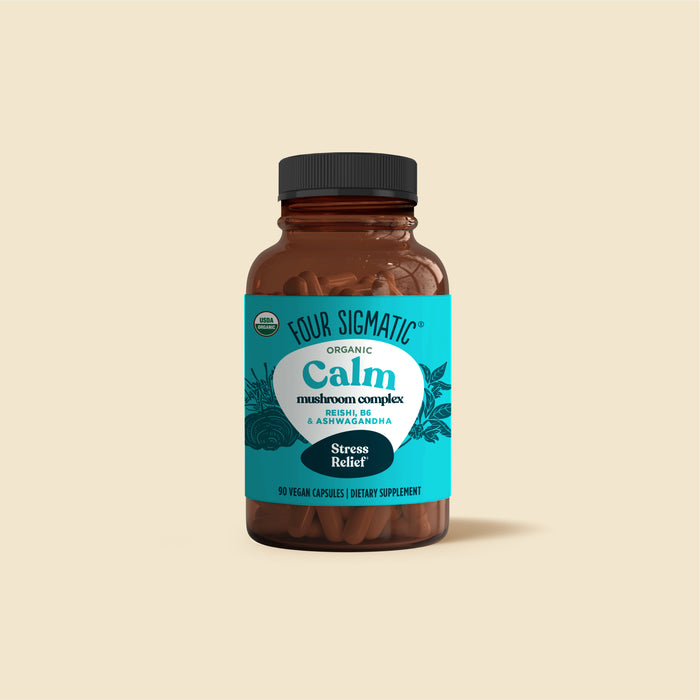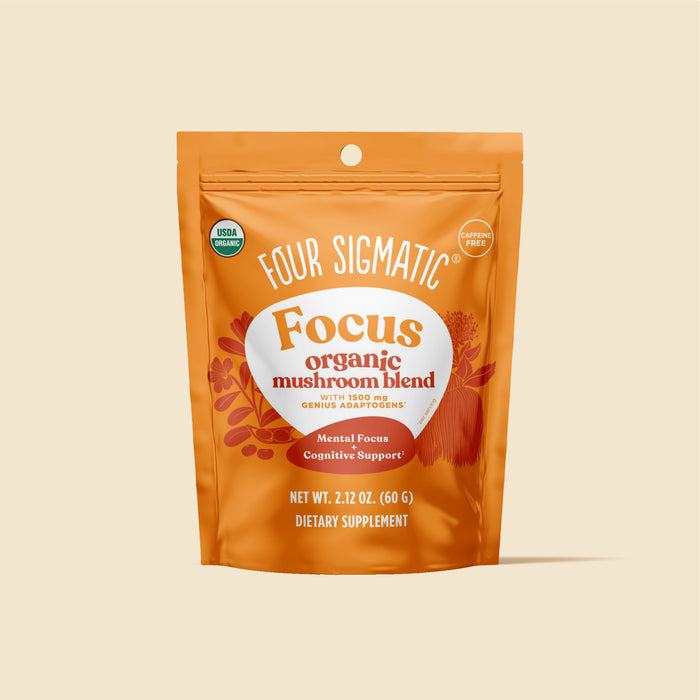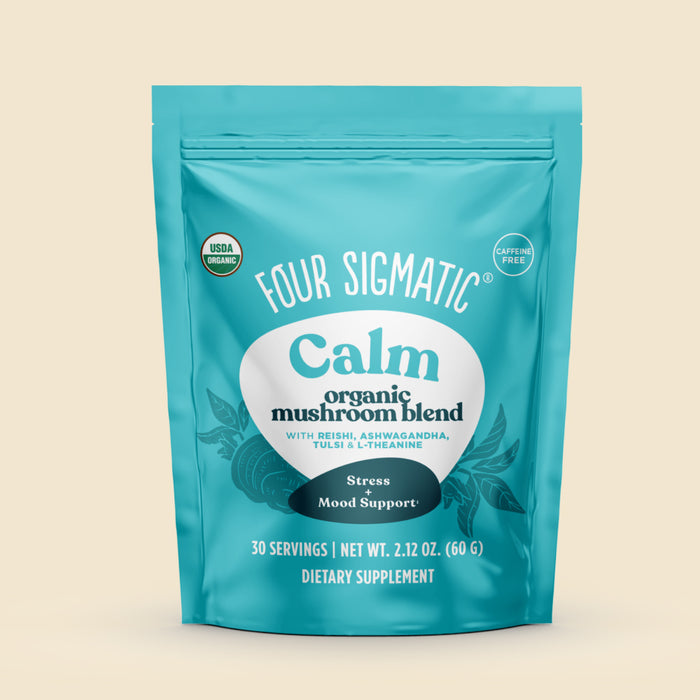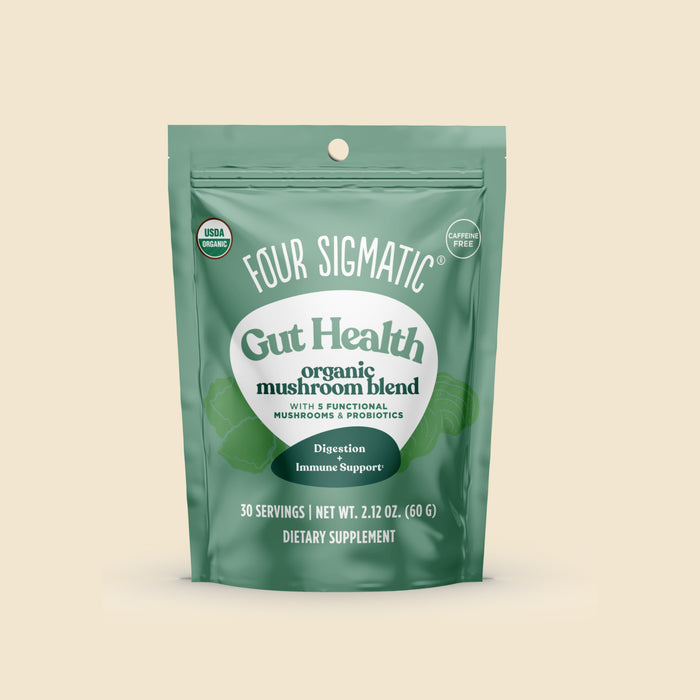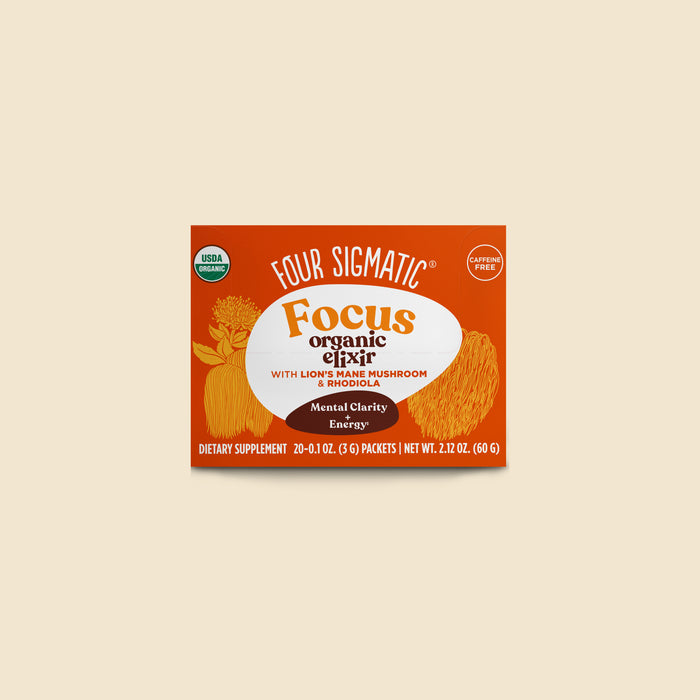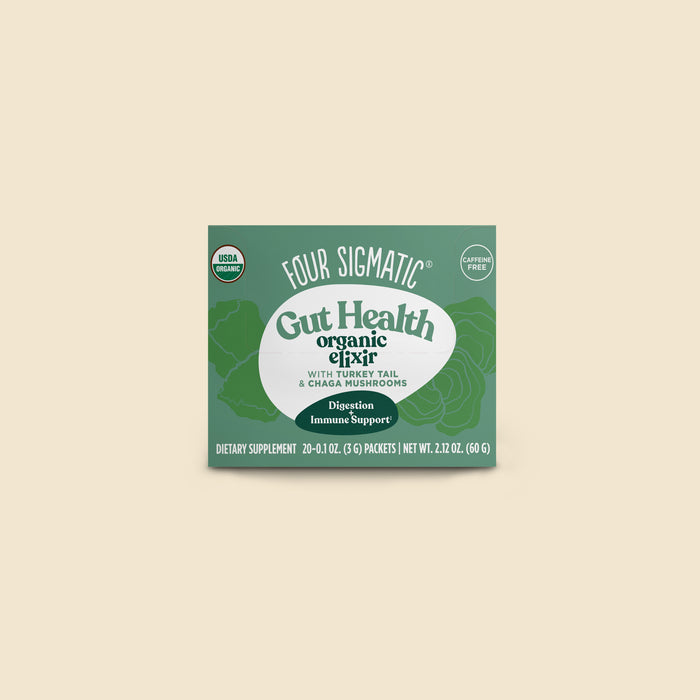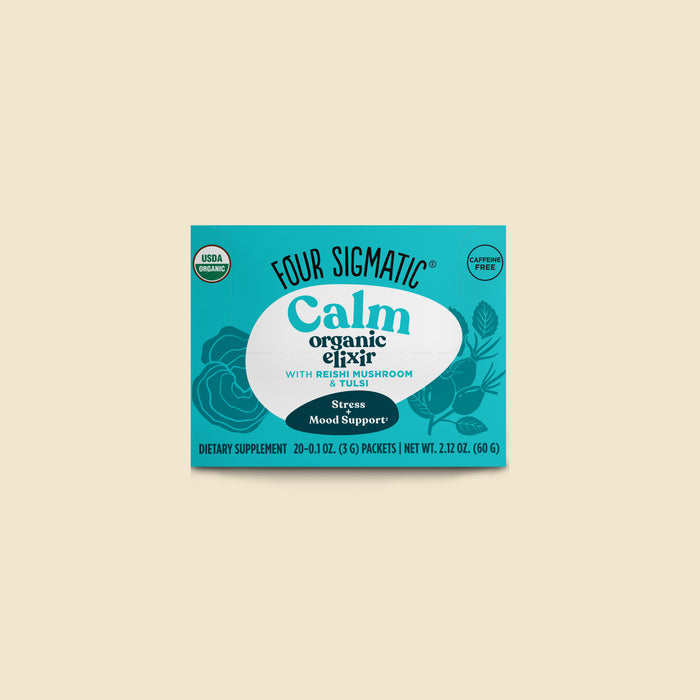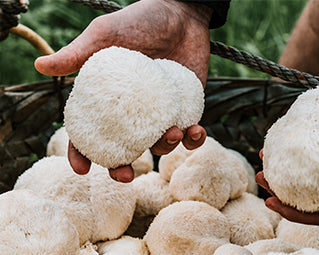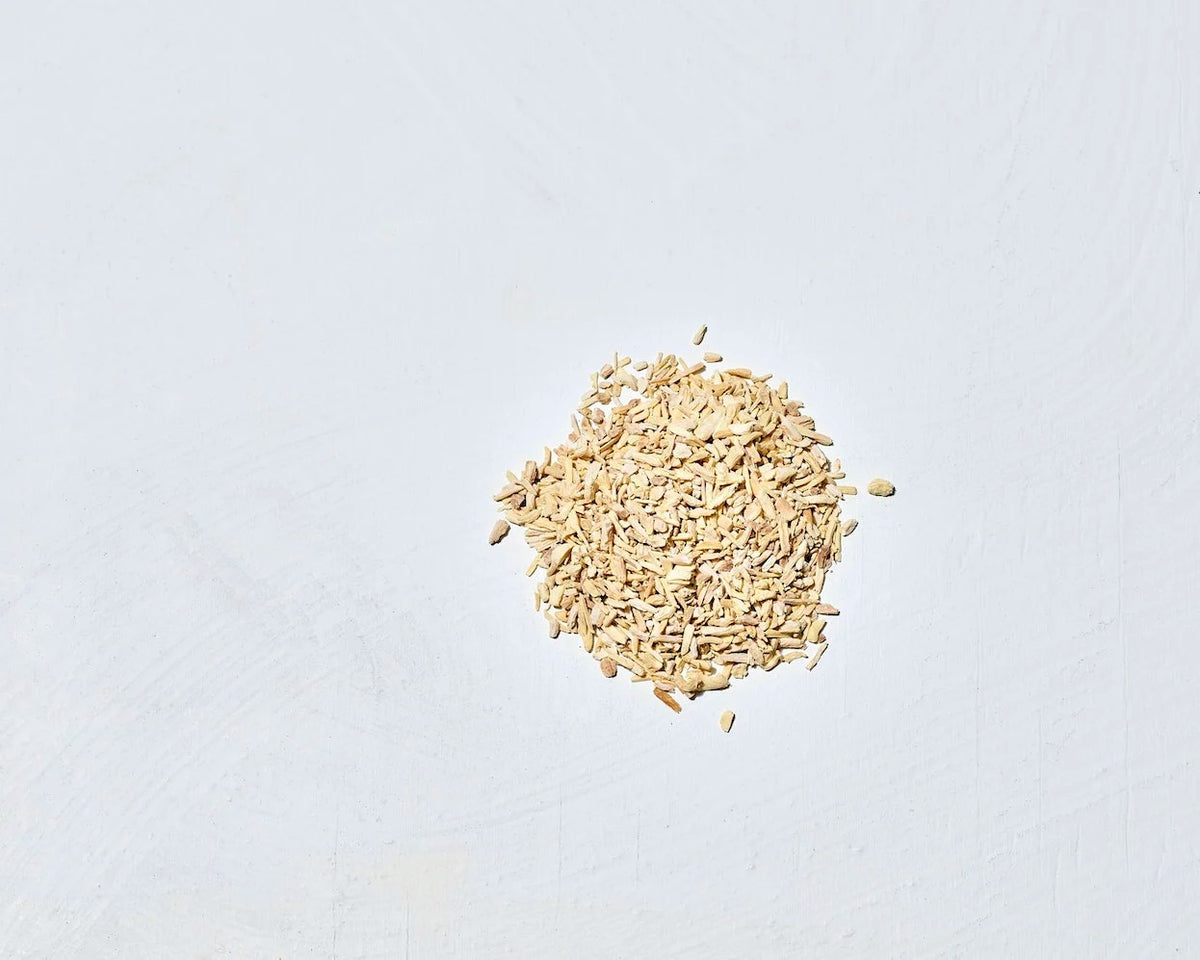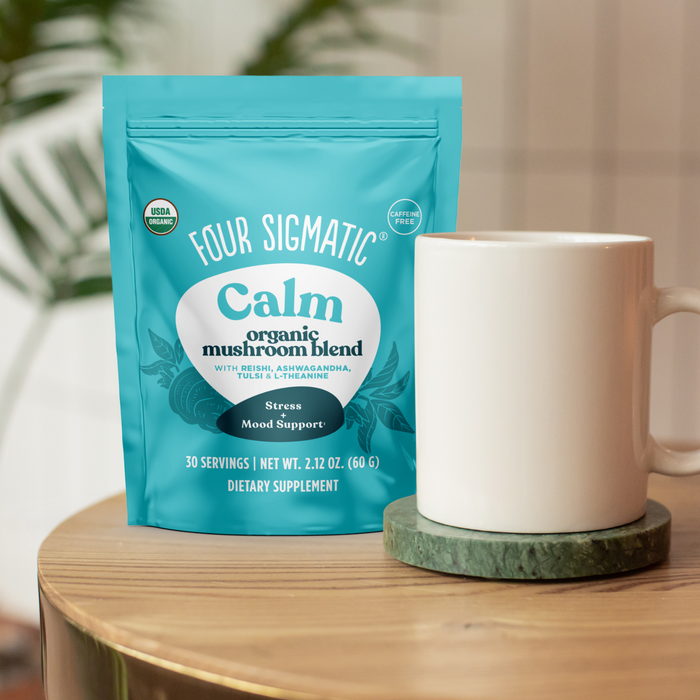Just five years ago, “adaptogen” wasn’t as common as the word “macchiato.”
Today you can hardly walk into a coffee shop, grocery store, or juice bar without seeing the word “adaptogen” jump out at you. I’ve been a serious adaptogen lover for the last 10 years and I’m so glad they’re finally getting their time in the sun.
So what really is an adaptogen?
Before deep-diving into Ashwaganda, here's a few quick hits on what an adaptogen is:
- Adaptogens are naturally occurring and non-toxic
- They help protect your body from stress by stabilizing and optimizing a host of physiological functions.
- Rather than serving a single targeted purpose, an adaptogen will (ahem) adapt its healing properties to whatever your body specifically needs at a given time.
Still curious? Watch this video on adaptogens:
🎥 What are adaptogens
(the world's best herbs & mushrooms)I’ve spent a lot of time talking about exactly what an adaptogen is, and which adaptogens I reach for daily, but today I want to do a deep dive on a very potent Ayurvedic herb: Ashwagandha.
Ashwagandha and Ayurvedic healing
Known as one of the most powerful herbs in Ayurvedic healing, Ashwagandha has been used for thousands of years. Most promising are its effects on stress and stress management — something we could all use a little more support for in our lives.
What is Ayurveda?
If you simply break down the term:
- “Ayur” means longevity
- “Veda” means science or knowledge
Ayurveda isn’t only a healing modality, but a way of life that encompasses mind, body, and spirit. The first Ayurvedic medical school was founded in 400 B.C. so this modality has been practiced for a very, very long time.
Ayurveda and doshas
A key part of Ayurvedic healing is the balancing of energetic “doshas.” There are three doshas, or types of energies:
- Vata
- Pitta
- Kapha
Everyone is born with a particular balance of doshas. In Ayurveda, illness is caused by a disturbance of this balance. The first requirement to bring back good health is to re-balance the doshas.
Ayurvedic treatments involve natural medicines, dietary plans, and behavioral modifications, all looking at your mind, body, and spirit.

Benefits of Ashwagandha
Ashwagandha is sometimes called “Indian Ginseng” because it is used in the same way ginseng is used in traditional Chinese medicine — for strength, vitality, energy, and recovery. It is considered to reduce vata and kapha doshas.
Also known as Withania (scientific name Withania somnifera) or winter cherry, Ashwagandha’s Hindi name means “horse smell.” This refers not only to the scent it may sometimes have, but to a horse’s strength, indicating its use as a tonic and aphrodisiac herb. Although all parts of the stout shrub of an Ashwagandha plant are used, most commonly you’ll see the root used for adaptogenic purposes.
Helps relieve stress
- Ashwagandha is most famous for helping the body manage stress. It calms the mind by helping you maintain healthy cortisol levels (the stress hormone), which is why it's a go-to adaptogen for relaxation.
- In a 60-day, double-blind study, Ashwagandha significantly reduced all stress measures (including cortisol levels) when taking 600mg a day.
Detox, Revitalize, & Replenish
- If you're feeling depleted, Ashwagandha’s antioxidants help protect your liver from damage, allowing it to keep functioning like a pro.
- Your liver is vital for managing blood sugar levels (to keep you energy levels steady through the day) and removing bacteria from your blood which is super important for overall health and vitality.
- In an animal study, Ashwaganda cured liver lesions after 48 days of treatment.
Mental Clarity
- Ashwagandha doesn’t just work on your body—it’s great for your brain, too! It can help improve cognition and focus, making it perfect for those days when your to-do list feels never-ending.
- Withanolides (one of the most researched compounds in Ashwagandha) helps protect nerves from oxidative damage.
 Coffees
Coffees


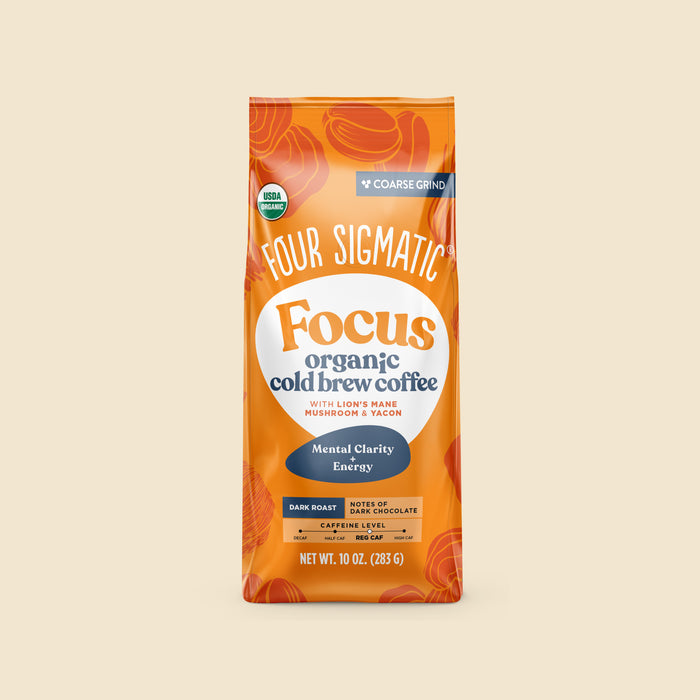

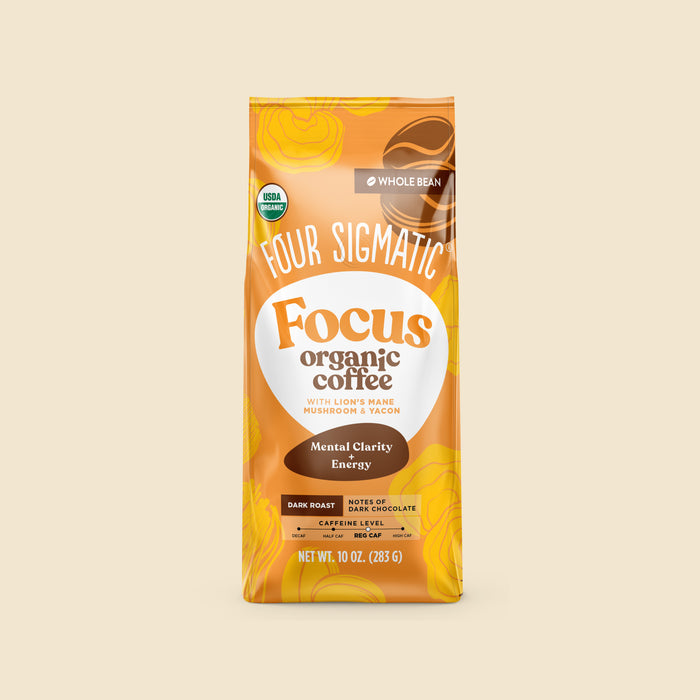

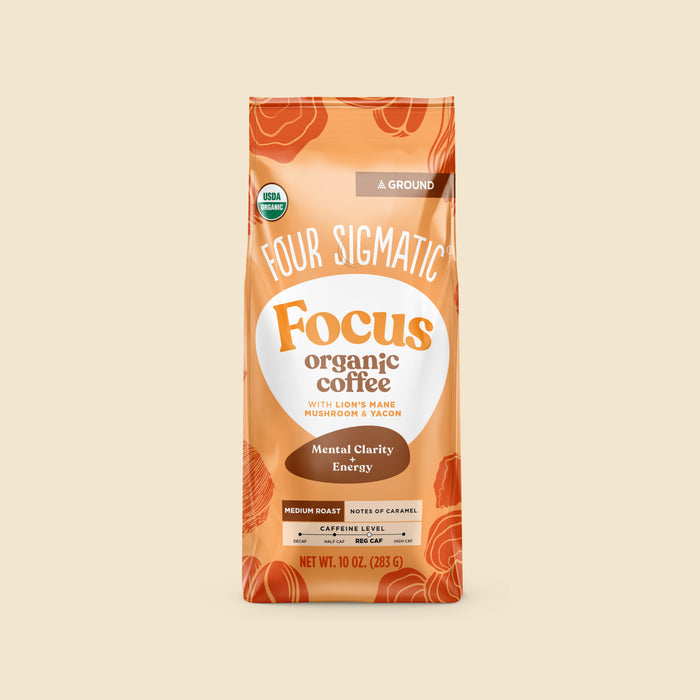
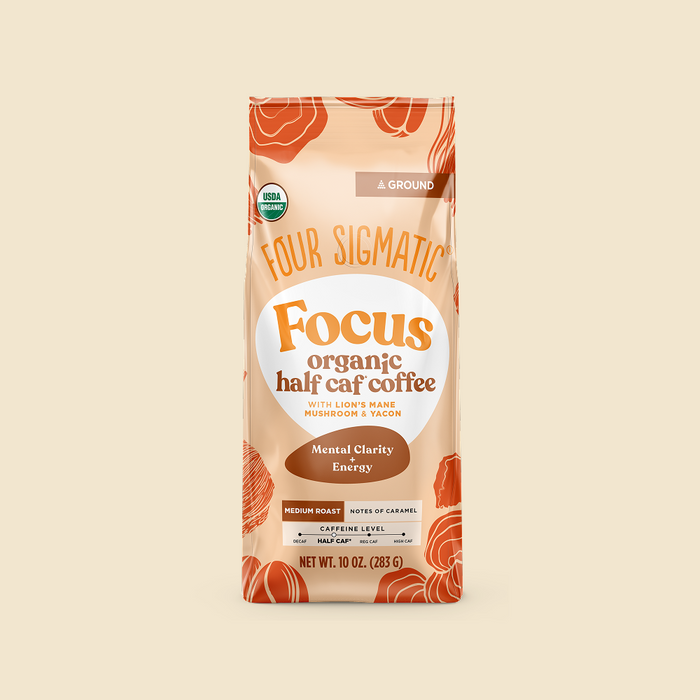


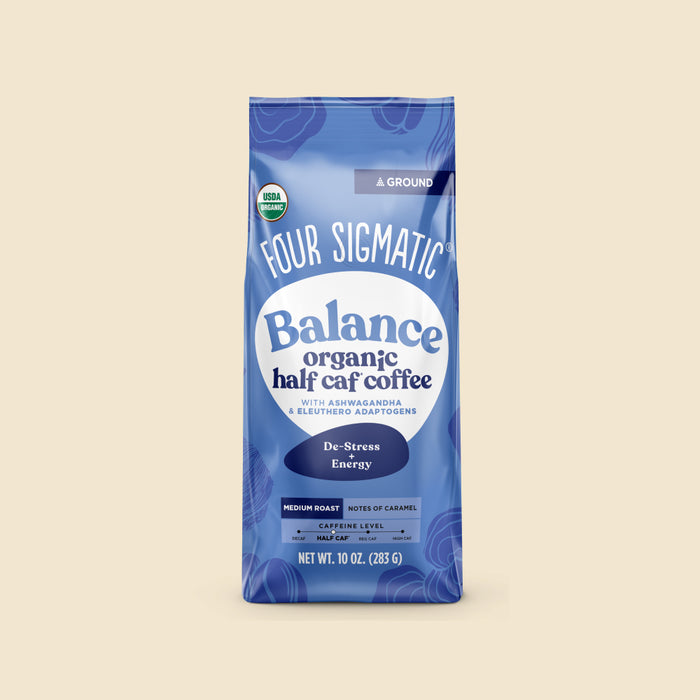
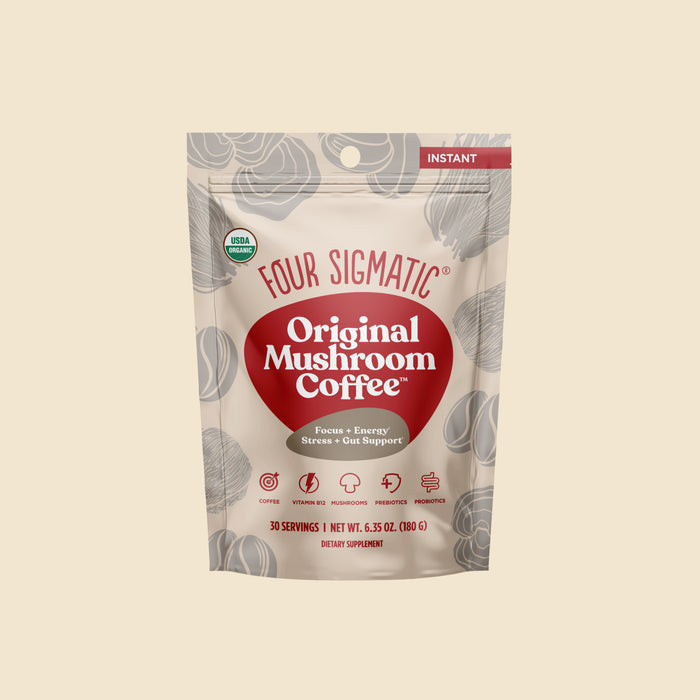
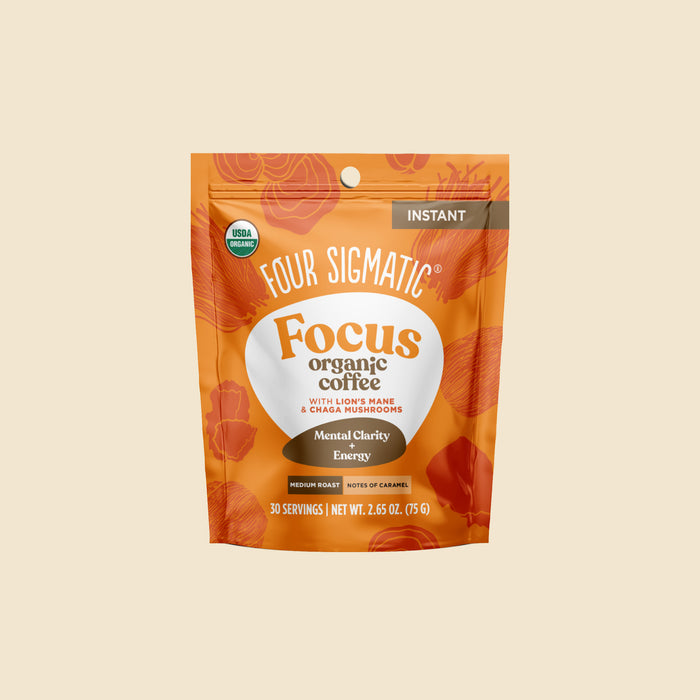
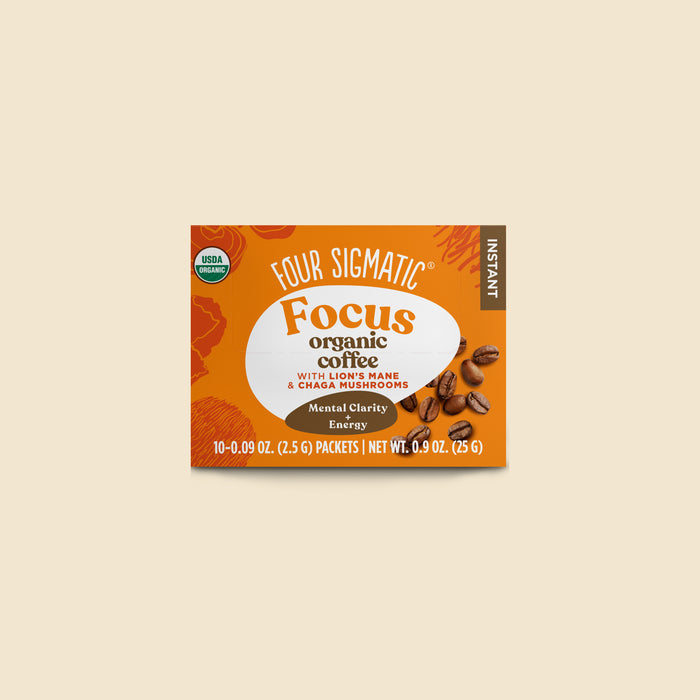
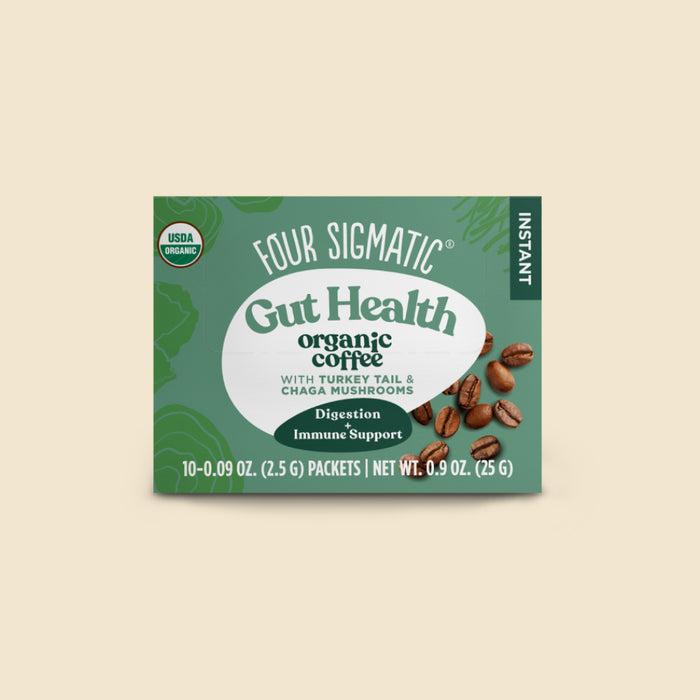
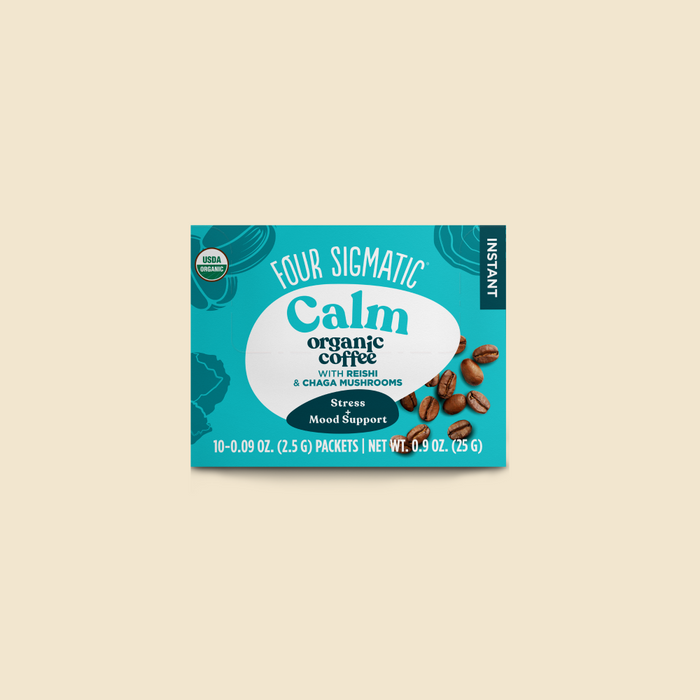
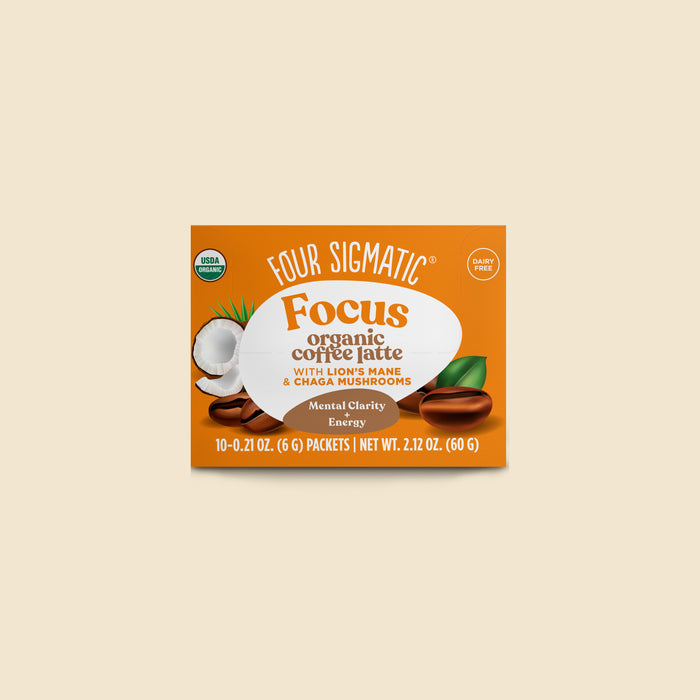


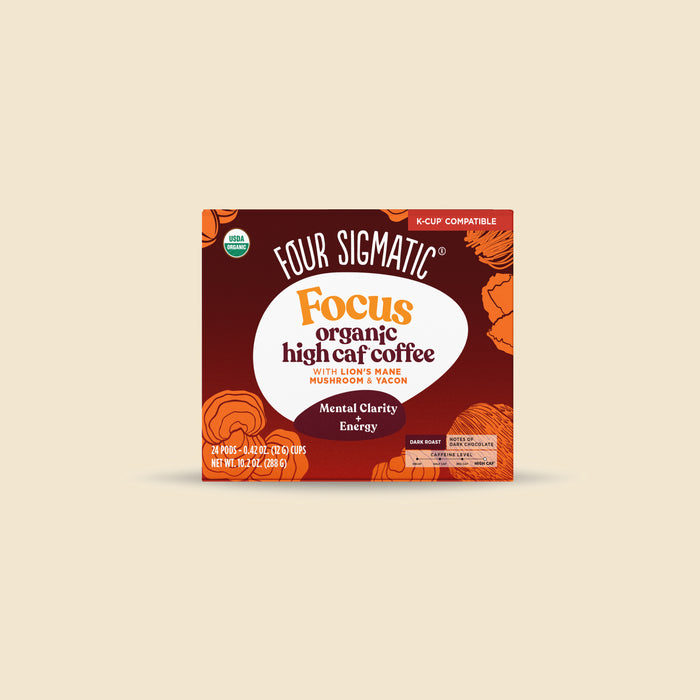
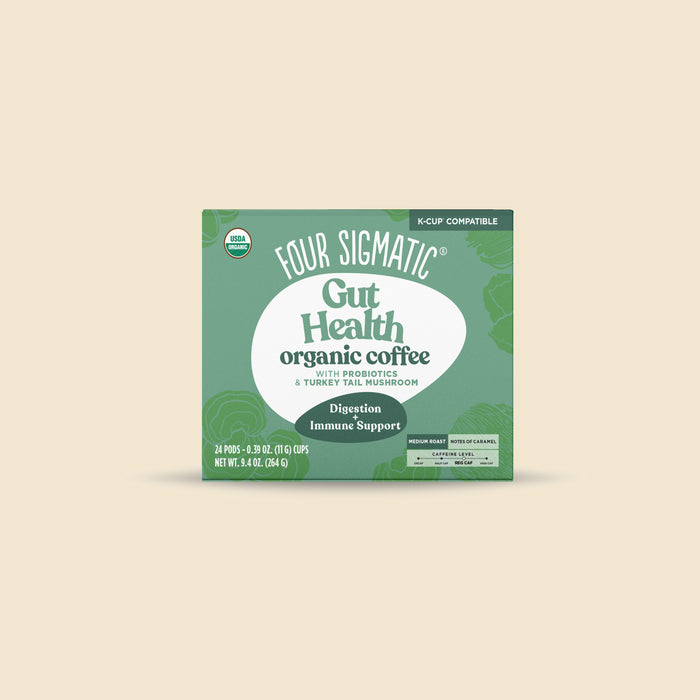
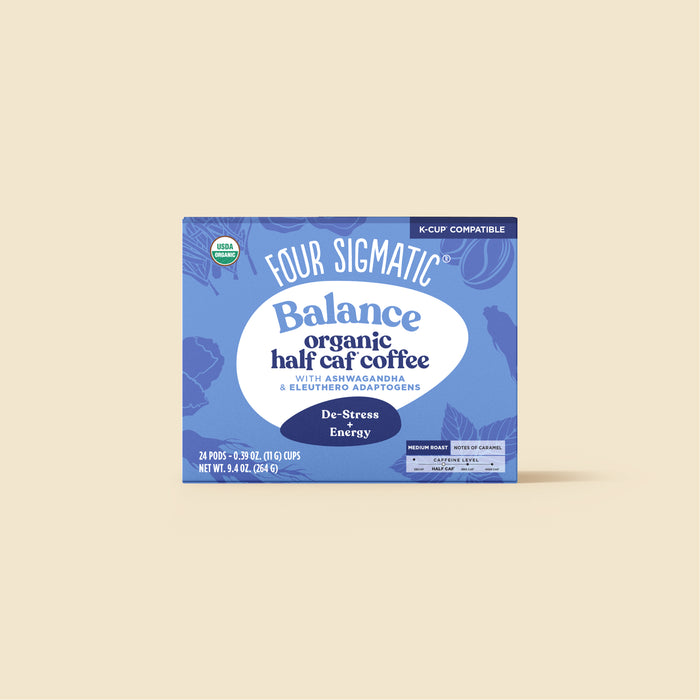

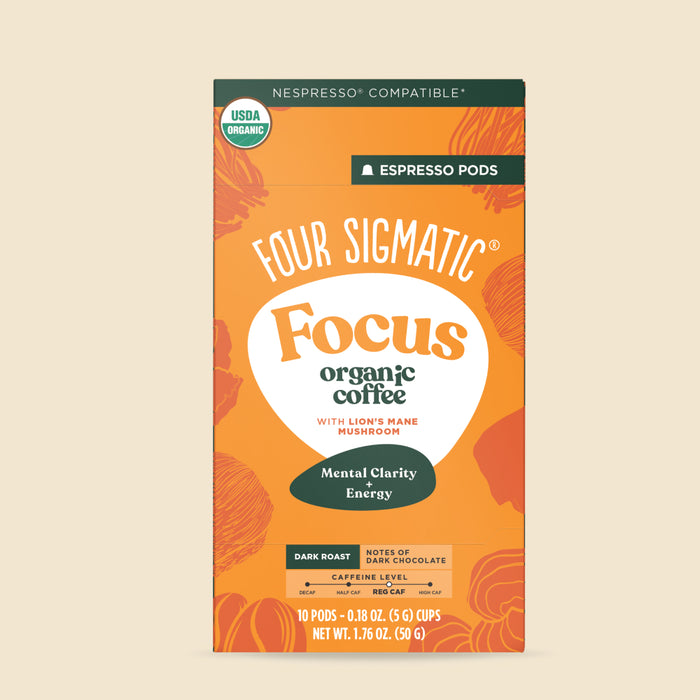
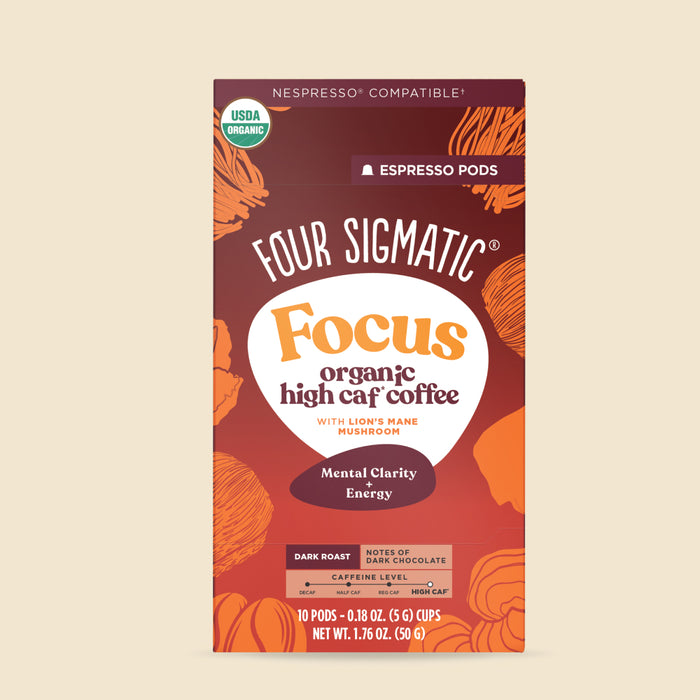
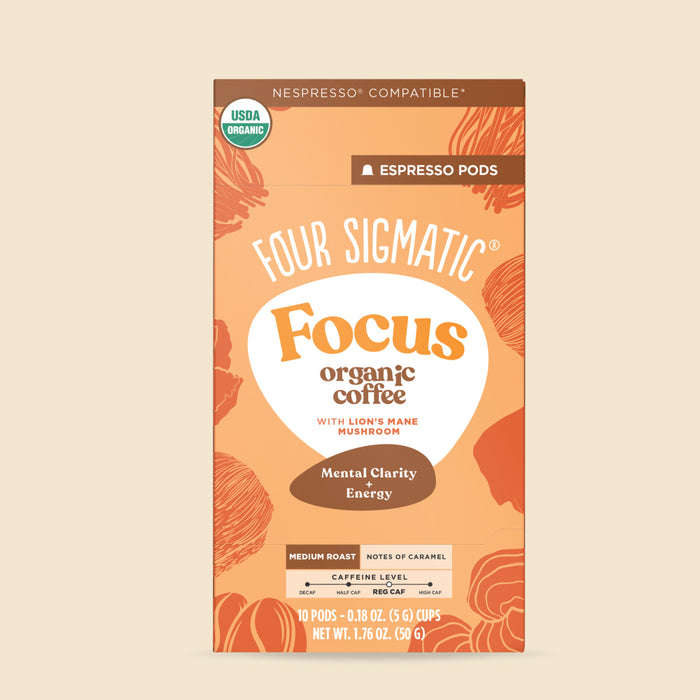

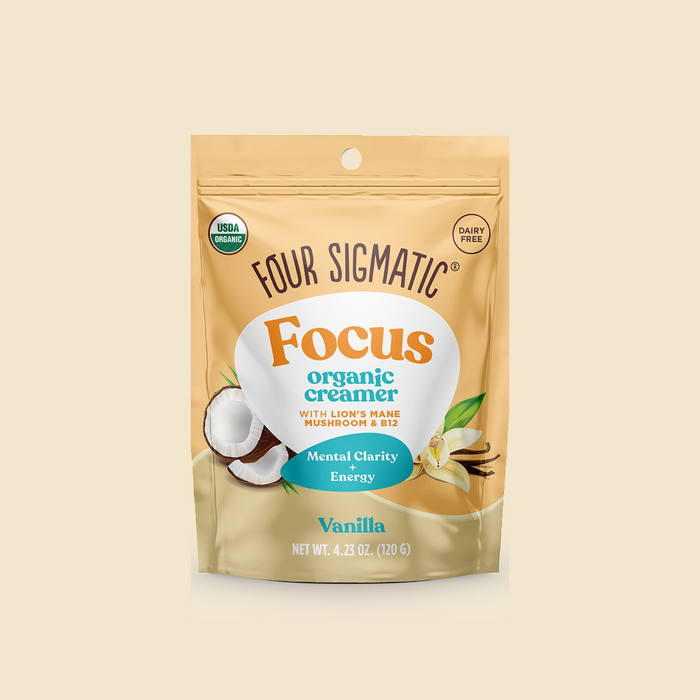
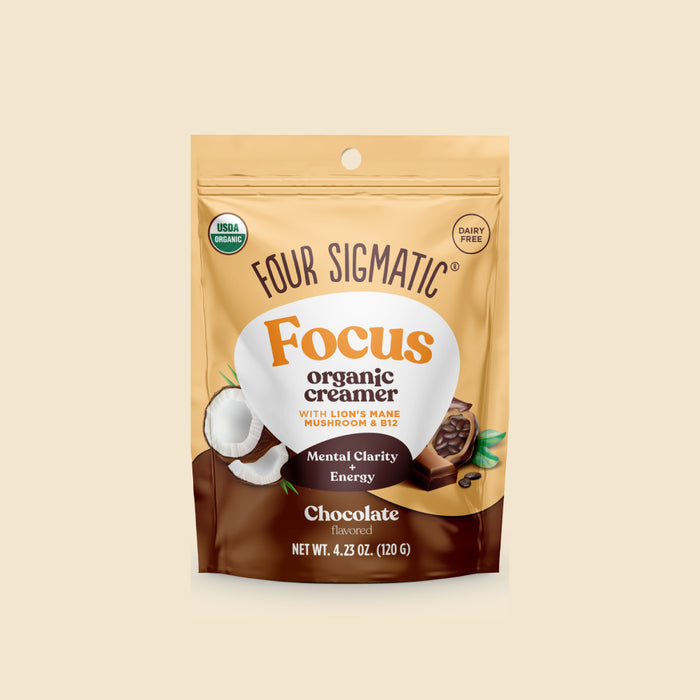

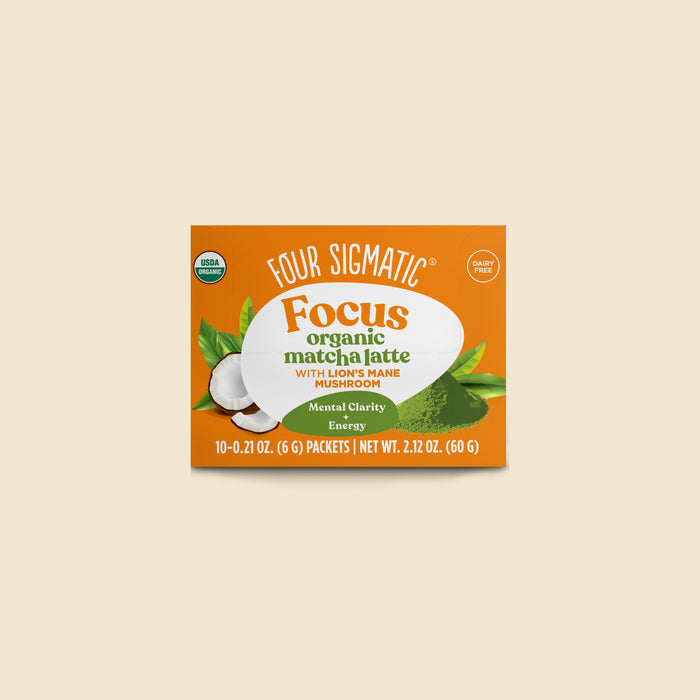
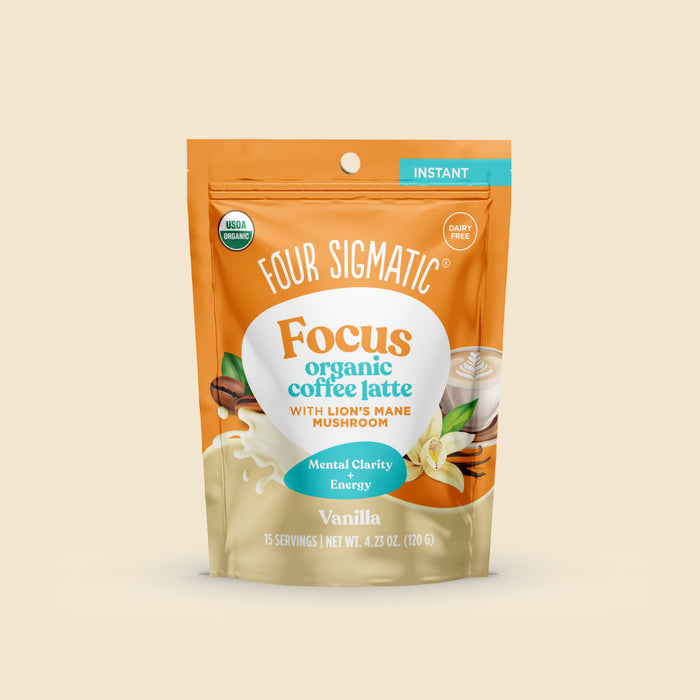
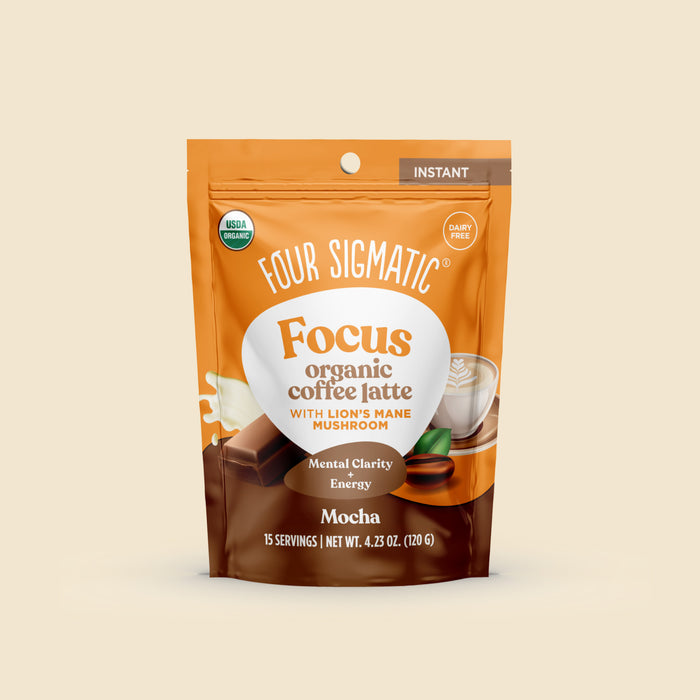
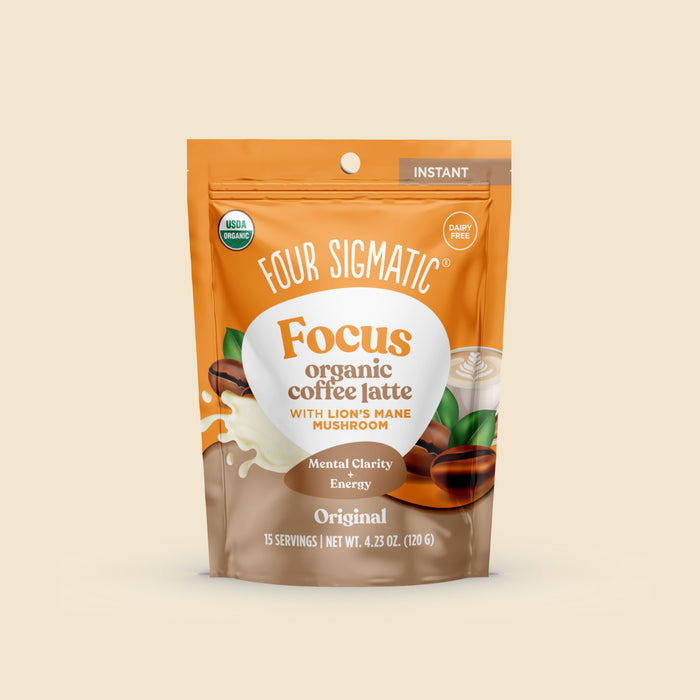
 Proteins
Proteins
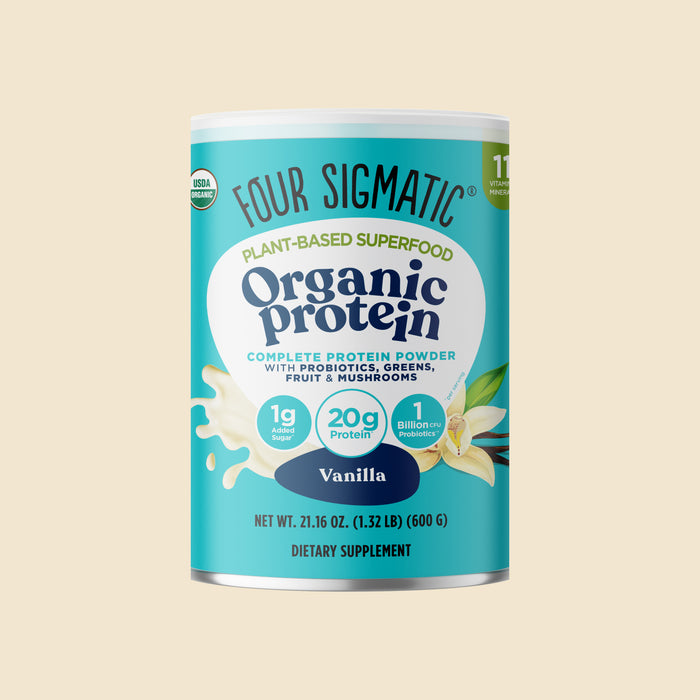
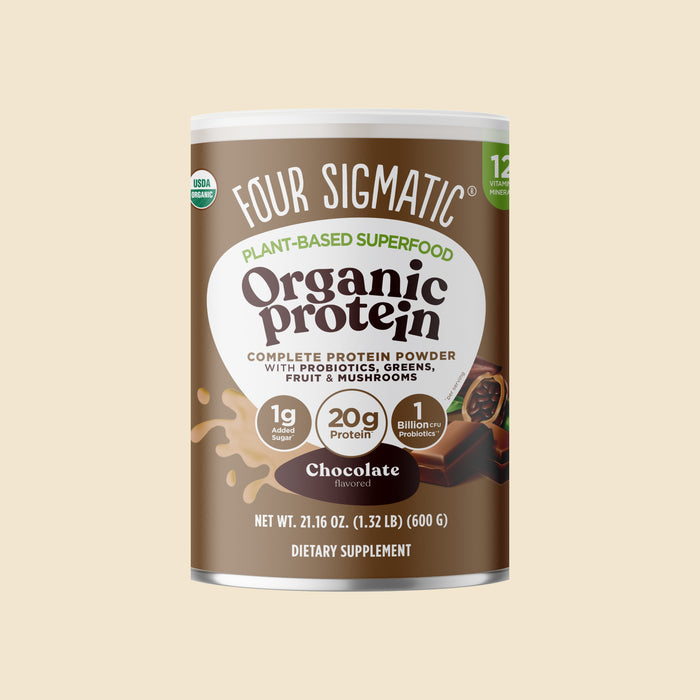
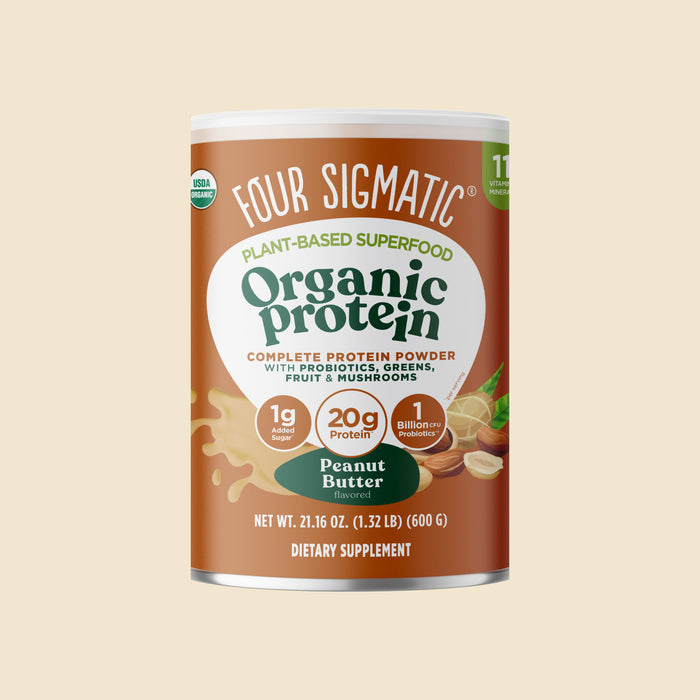
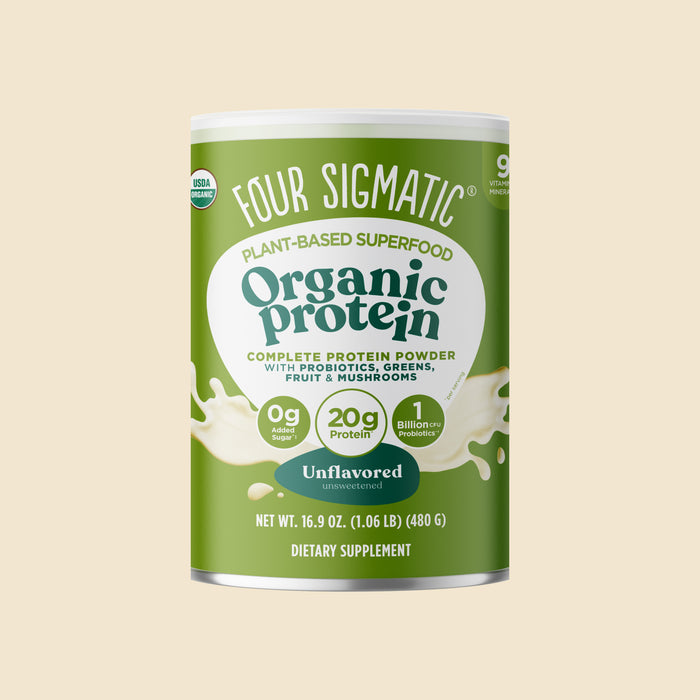
 Hot Cocoas
Hot Cocoas




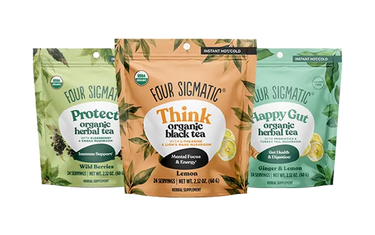 Instant Teas
Instant Teas
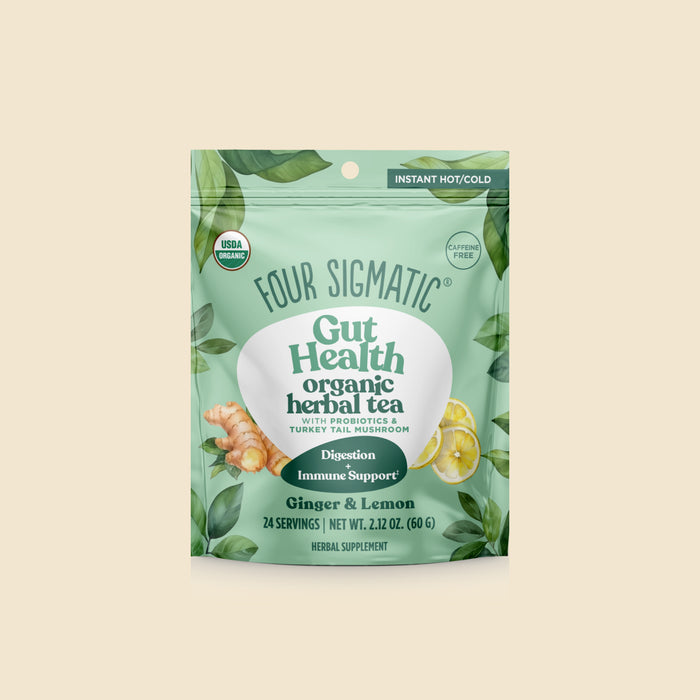
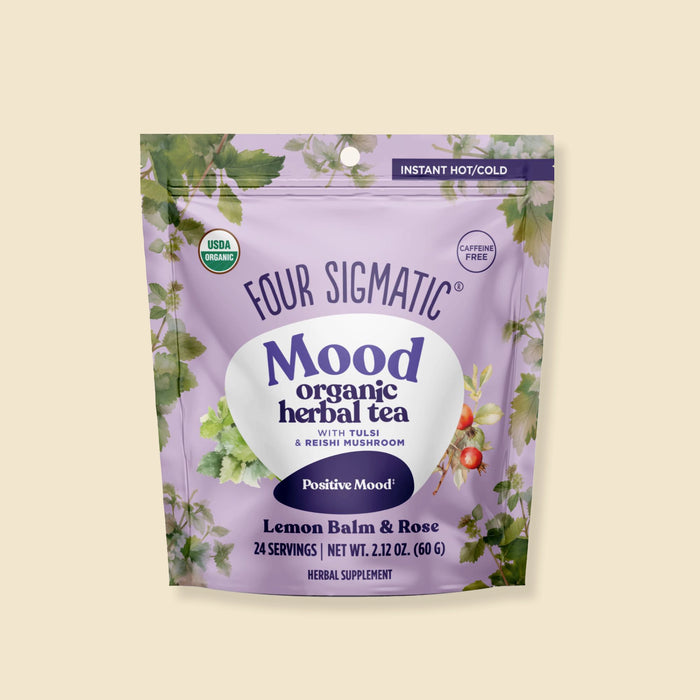
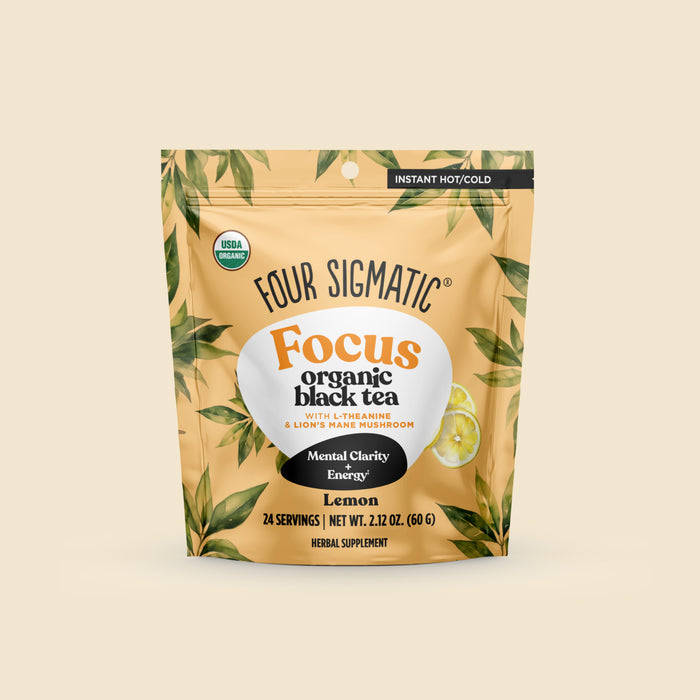
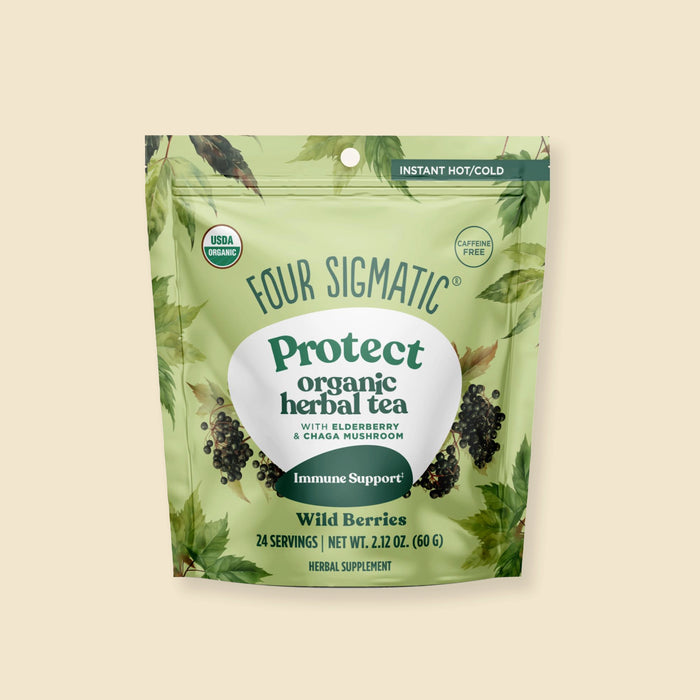
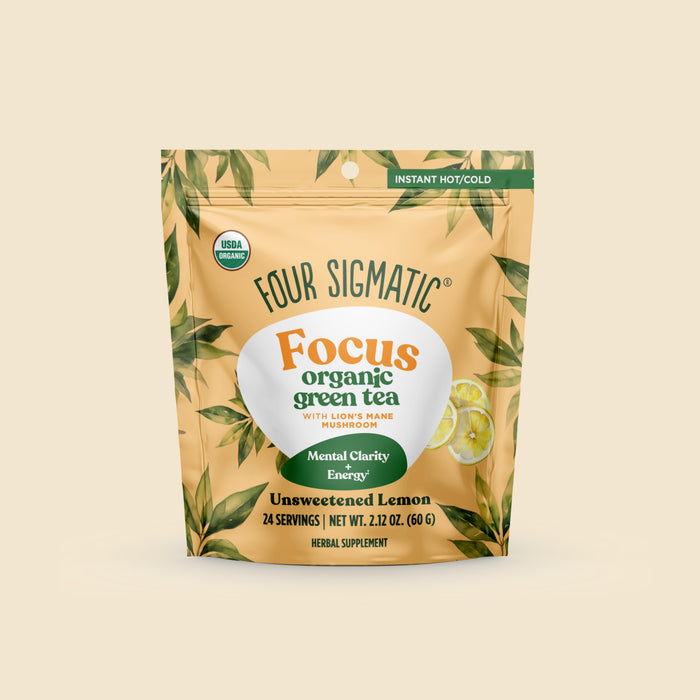
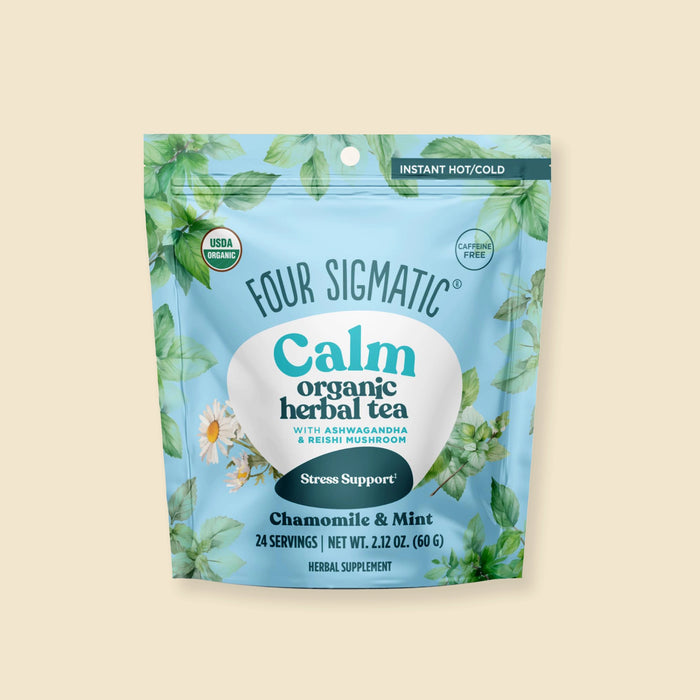
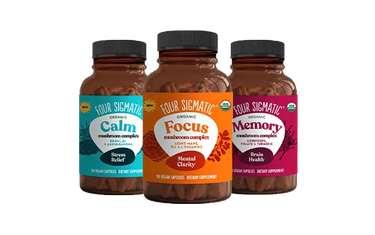 Supplements
Supplements
